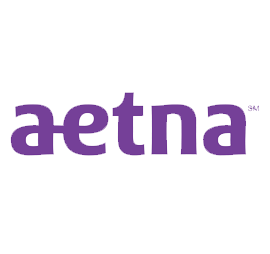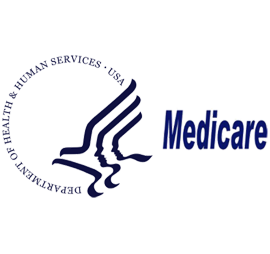Osteoporosis
One of the major causes of disability among American women is osteoporosis. Of the estimated 10 million Americans with osteoporosis, about 80% or 8 million are women and usually, women develop this disease after menopause.
Approximately one in two women over age 50 will break a bone because of osteoporosis.
It is called a “silent” disease because there are no warning signs or symptoms. Osteoporosis means “porous bone” and is characterized by the weakening of your bones, causing them to become fragile and breakable at the slightest bump or fall.
Early detection is very important in the treatment of osteoporosis. A bone density test is used in the diagnosis of osteoporosis.
The results of your bone density test results will show two scores: a T score and a Z score. The T score will tell you how dense your bones are compared to a young healthy adult of the same gender – when bone density is usually the strongest. The Z score will tell you the density of your bones compared to the average density of someone your age and the same gender.
A normal T score is -1.0 or higher. A T score of -2.5 or lower indicates osteoporosis.
Treatment
Your doctor will recommend several ways, including lifestyle changes and medication, to help treat your osteoporosis. We recommend the following lifestyle changes:
There are several medications available for the treatment of osteoporosis. Two of these can be administered in our office:
For more information or to be tested for osteoporosis, please contact our office to schedule a consultation











